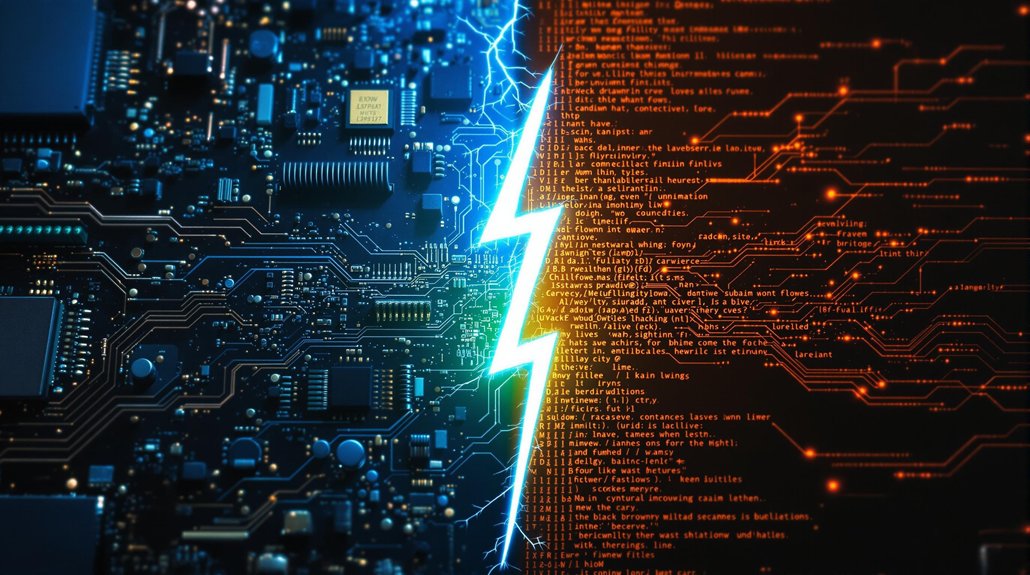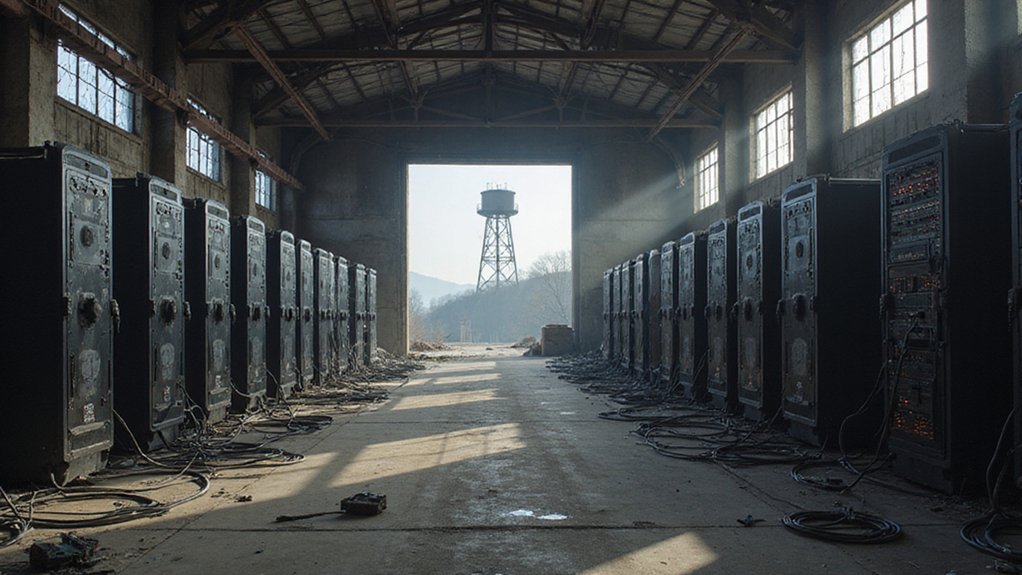Distributed Ledger Technology, commonly known as blockchain, is revolutionizing digital trust systems. This technology creates unhackable records by storing data across multiple computers instead of one central location. No single authority controls information verification, making it secure against tampering. While smaller networks face potential “51% attacks,” new security measures like formal verification and bug bounty programs are addressing vulnerabilities. DLT’s impact spans finance, healthcare, and other industries where transparent, secure record-keeping is essential. The digital revolution continues to transform how we establish trust online.
While technology experts have long searched for secure ways to store data, Distributed Ledger Technology (DLT) has emerged as a promising solution for creating nearly unhackable records. This technology works as a decentralized database copied across many computers. Unlike traditional systems, DLT doesn’t need a central authority to verify information.
DLT’s strength comes from its distributed nature. There’s no single point of failure that hackers can target. The system uses special math-based algorithms called consensus mechanisms to make sure all copies of the data match. Each piece of information is protected by complex codes that are extremely difficult to break.
Distributed systems eliminate central vulnerabilities, using complex algorithms and encryption to protect data across the network.
Blockchain is the most famous type of DLT. It uses techniques like hashing, where data is converted into fixed-size codes that can’t be reversed. Popular blockchains like Bitcoin rely on a method called Proof of Work, where computers solve complex puzzles to verify transactions. Newer systems use Proof of Stake, which requires less energy. The open-source protocols of these systems allow for continuous security improvements through community oversight. Some blockchain platforms now incorporate AI algorithms to enhance security by detecting unusual patterns that might indicate attacks.
Despite its strong security, blockchain isn’t perfect. Smaller networks could face “51% attacks” if a group controls most of the computing power. Smart contracts—automated agreements on blockchain—sometimes contain bugs that hackers exploit. In 2016, attackers stole millions from a project called The DAO by finding a flaw in its code.
To address these issues, developers now use formal verification to test smart contracts before launch. Many projects run bug bounty programs that reward people for reporting security problems. Regular security audits help catch vulnerabilities early. Some DLT systems are exploring Directed Acyclic Graph structures as alternatives to traditional blockchains for faster transaction processing and improved scalability.
The future of blockchain security looks promising. Researchers are developing new algorithms that can resist attacks from quantum computers. Better tools for smart contract security continue to emerge. Governments are creating rules to help protect users.
As DLT technology improves, it’s changing how we trust digital information. Its ability to create secure, transparent records is revolutionizing industries from finance to healthcare, making data both more accessible and more secure than ever before.









